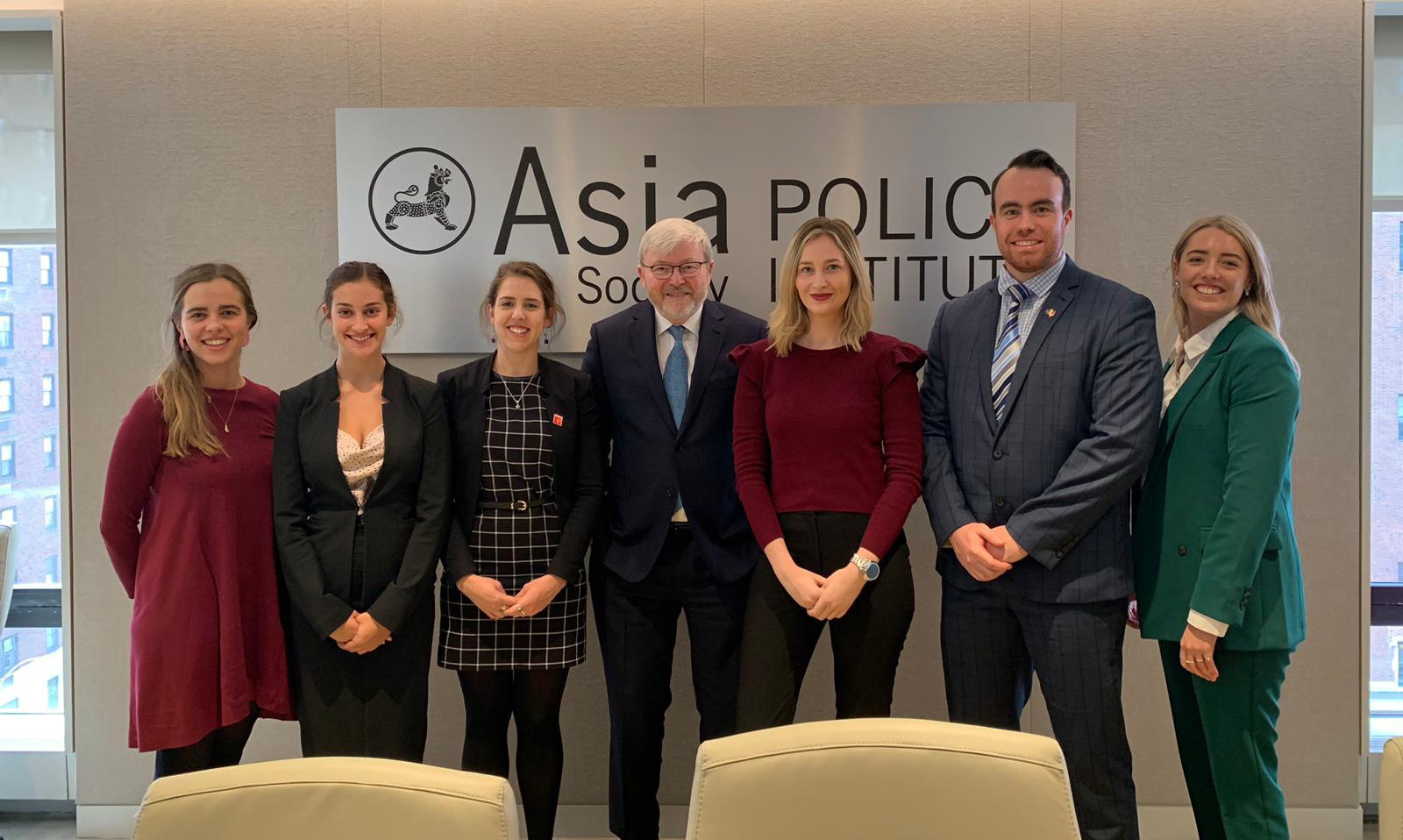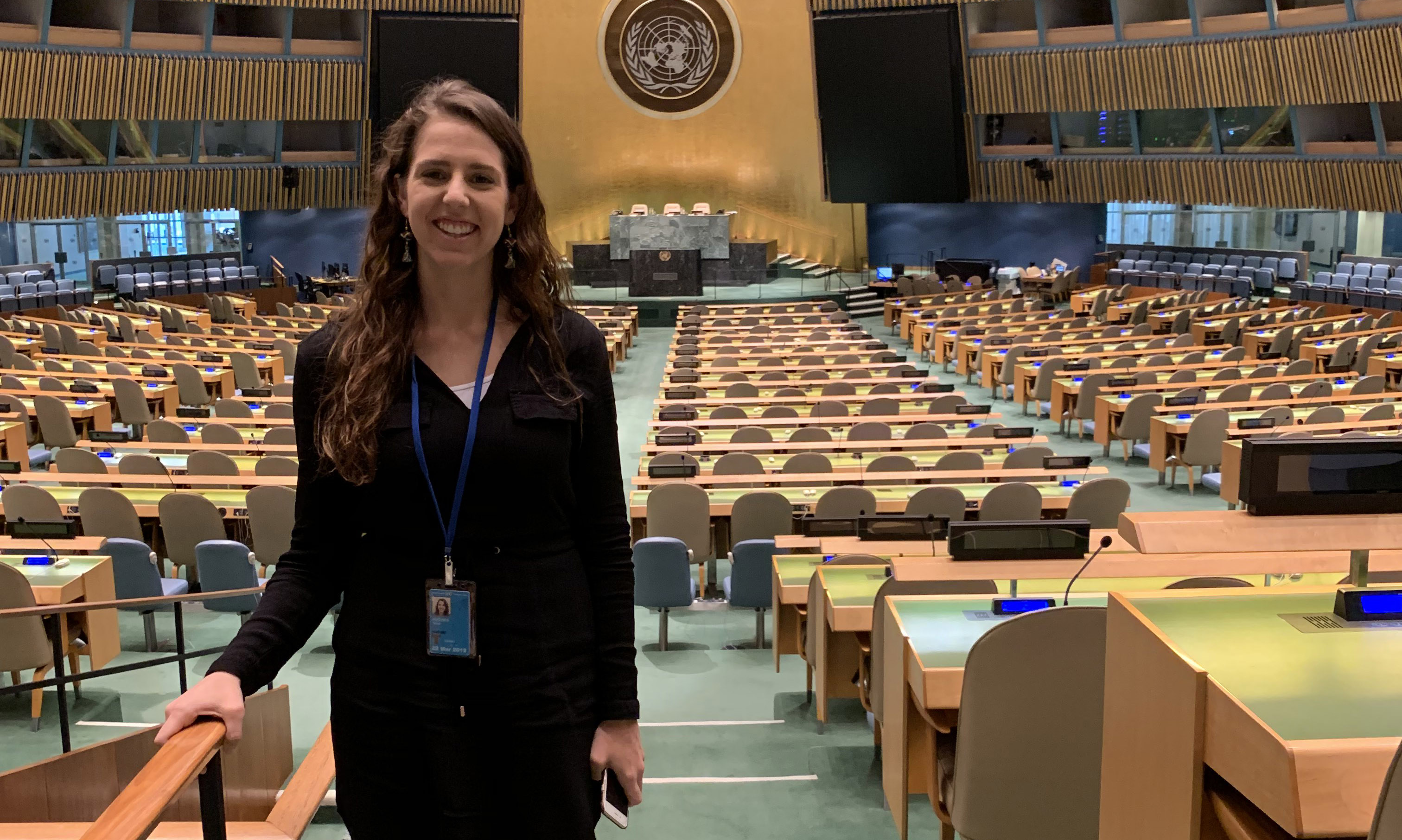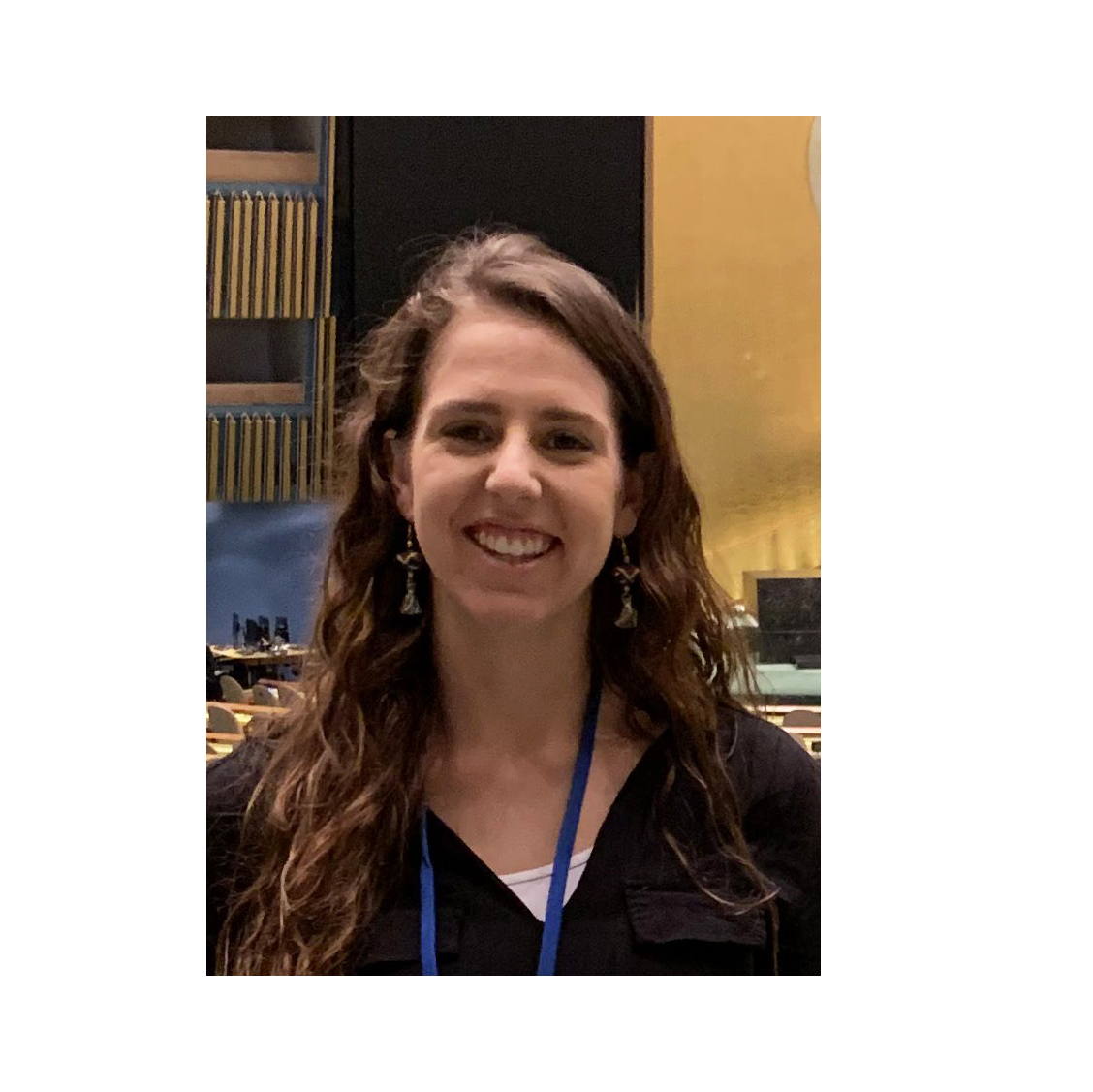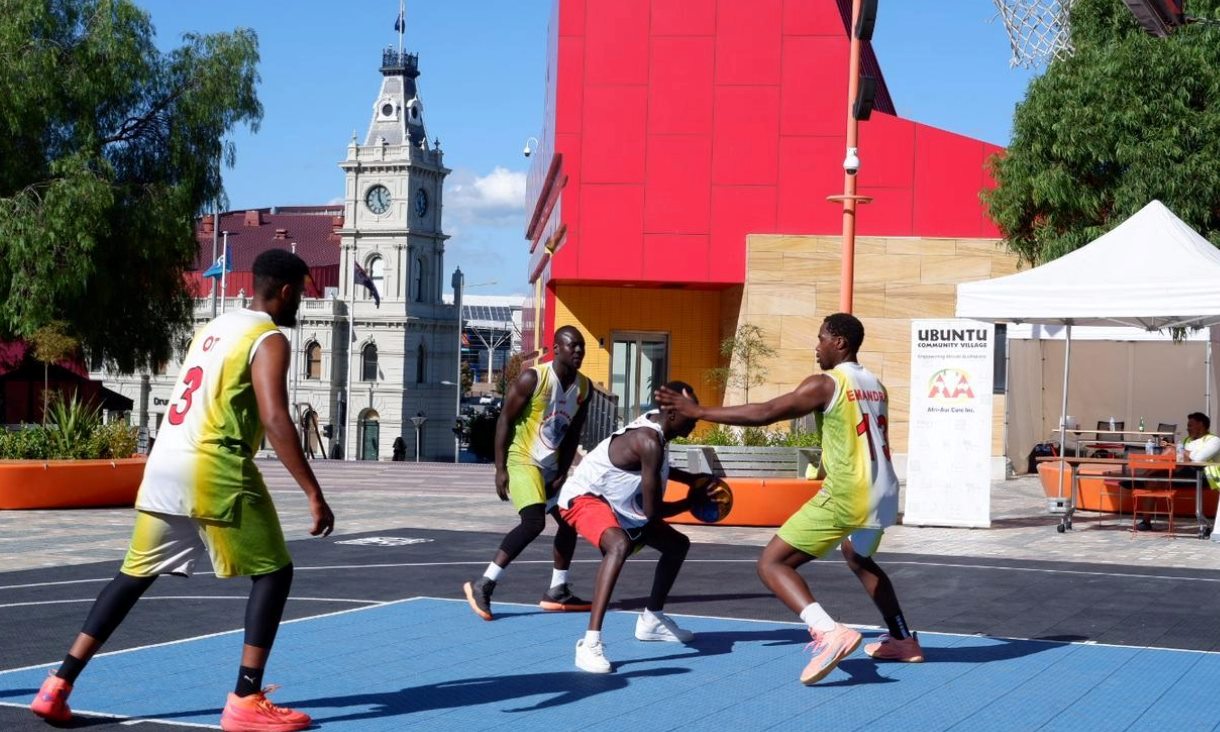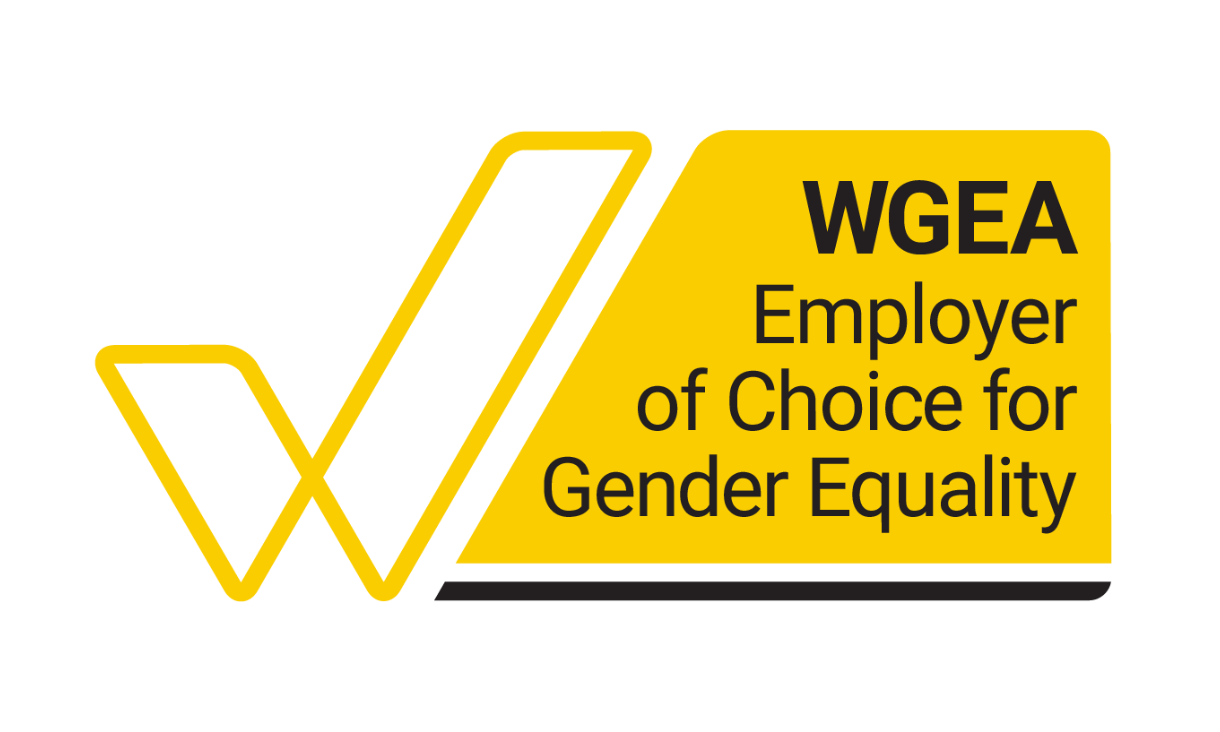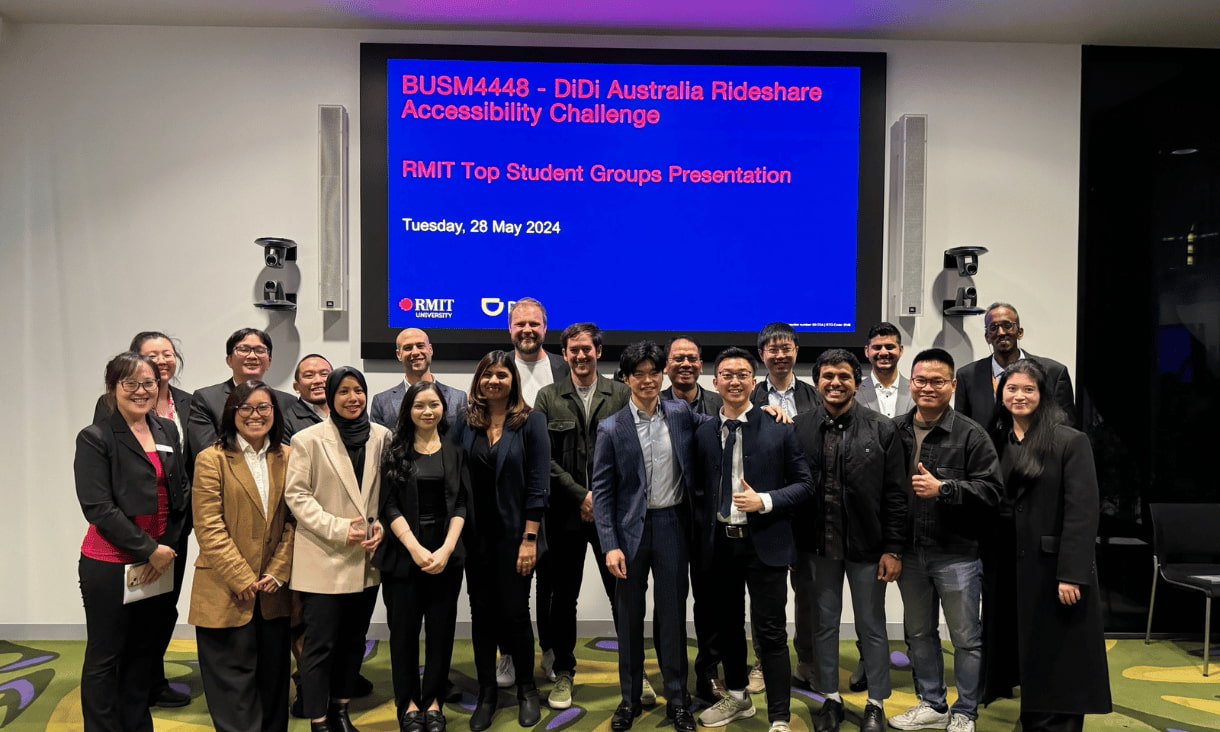1. Gender equality must include disability
One in five women and girls worldwide have a disability, yet few talks and events during CSW focussed on disabilities.
The CSW’s key theme, ‘social protection systems, access to public services and sustainable infrastructure for gender equality and the empowerment of women and girls,’ though comprehensive, failed to sufficiently include disability in the gender equality discussions and reforms.
Globally, the connection between gender inequality and disability is not well understood and is not being considered in a comprehensive and holistic manner.
Women with disability have significantly lower employment rates, are 10 times more likely to be subjected to gender-based violence, and nearly three times more likely to be victims of sexual violence than women without a disability.
Therefore, we cannot have a conversation about gender inequality without discussing women with disability.
2. Language is vital
The agreed conclusions document, which contains an analysis of the key theme and recommendations for governments and other intergovernmental bodies, is the principal output of CSW. As a result, the language that goes into it is hotly contested amongst member states and society more broadly..
Although negotiation over a single word can be timely and frustrating, it can drastically change the meaning a sentence and hence outcomes for women and girls around the world.
In recent years, there has been a challenge to ensure that the language in the agreed conclusions recognises sexual and reproductive rights, leading to additional challenges for women and men to achieve full equality in terms of these rights.
Terms such as 'both' reinforce gender binaries and lead to a lack of full representation of people of diverse genders and sexes and sexualities.
3. The United Nations has its flaws but is as needed as ever
Whether the most vulnerable women and girls were having their voices heard at the CSW and were able to contribute to the agreed conclusions was somewhat questionable.
More than 20 women were not able to attend the conference as they were not granted visas by the United States government.
Expense and distance were additional barriers to attendance.
Once the agreed conclusions document has been produced whether there is buy-in from countries around the world will naturally vary.
Still, to achieve gender equality globally the UN is one of the best systems we have.
We should continue to advocate for change to have the most marginalised voices heard in an imperfect system.
4. Global interconnectedness is crucial
More than 9,000 people attended CSW from around the world, and, despite the number of varied backgrounds, there was a real connectedness amongst the attendees.
This is important because it to enable us to share challenges, learn from each other and, most importantly, discuss what solutions are working regarding gender equality.
It’s important not to reverse levels of protection previously achieved and address remaining gaps that constrain equal access for women to social protection systems, public services and sustainable infrastructures.
Eliminating structural barriers of historical and structural unequal power relationships between the sexes, poverty, inequality and disadvantages in access to resources such as education, public services, health care and social protection systems.
Global Voices is a not-for profit that identifies and develops the next generation of Australian leaders by providing practical experience in foreign policy and international relations.
